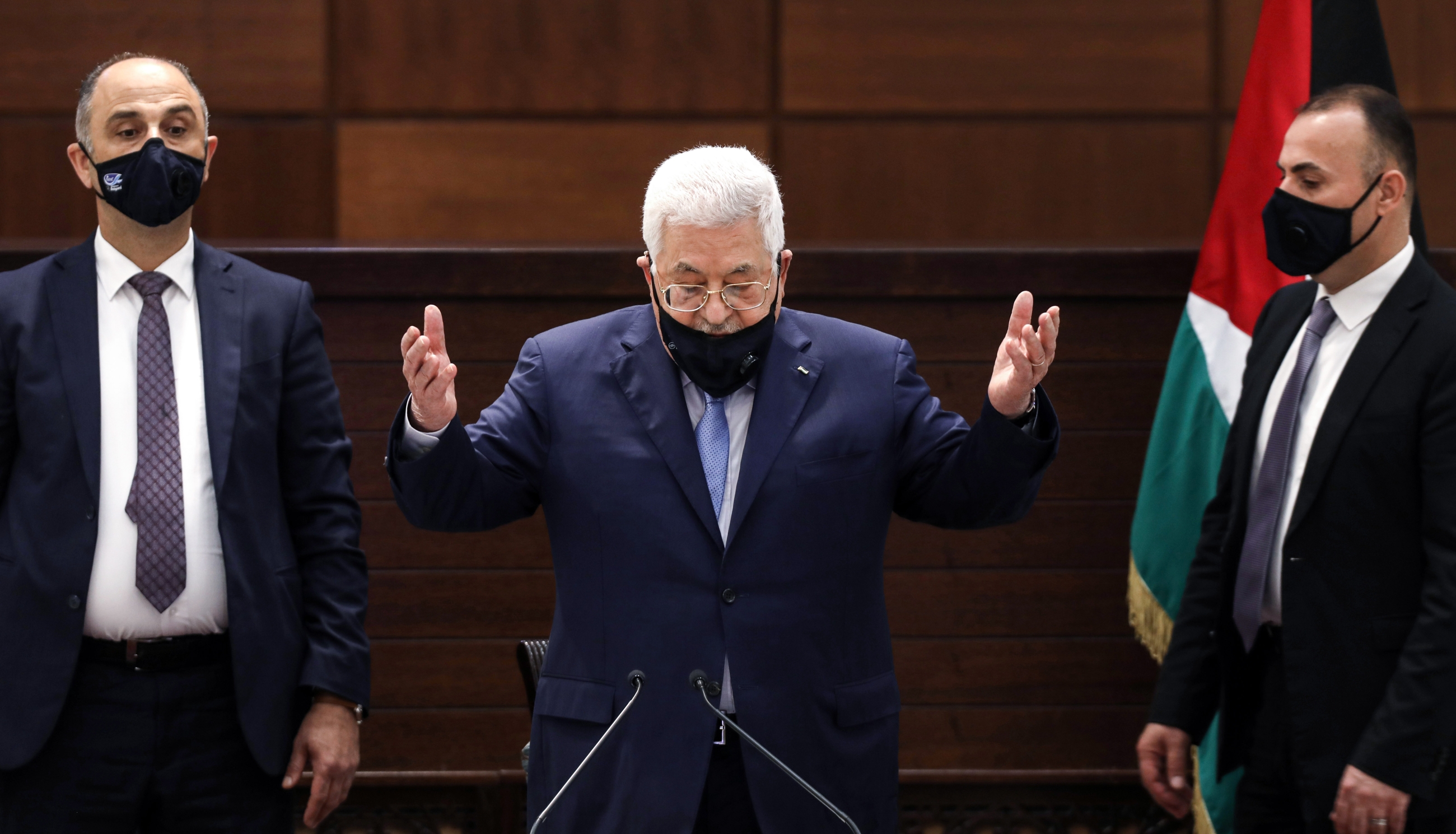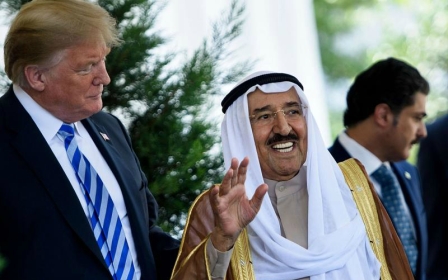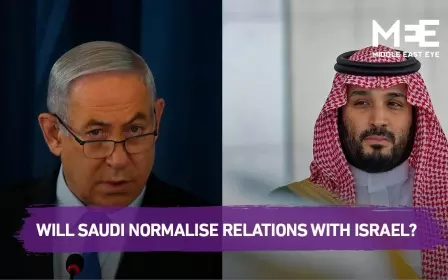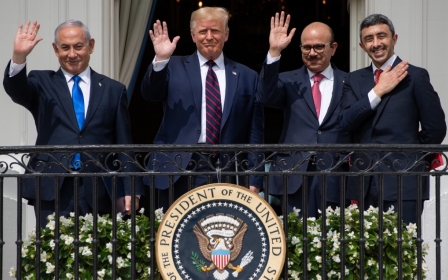Fatah and Hamas agree to first Palestinian elections in nearly 15 years

The Palestinian movement Hamas and their rivals in the occupied West Bank, Fatah, have agreed to hold Palestinian elections for the first time in nearly 15 years, officials from both sides told AFP on Thursday.
Parliamentary and presidential polls will be scheduled within six months under a deal reached between Mahmoud Abbas, Fatah's leader and Palestinian president, and Hamas political chief Ismail Haniyeh.
Earlier this week, Turkey hosted a round of Palestinian unity talks between the rival factions, following a meeting in Beirut on 3 September.
The meetings come on the heels of normalisation agreements signed between Israel, the United Arab Emirates and Bahrain on 15 September.
The deal, referred to by US President Donald Trump as the Abraham Accords, has been denounced by Palestinians as an Arab betrayal of their struggle against Israeli occupation.
New MEE newsletter: Jerusalem Dispatch
Sign up to get the latest insights and analysis on Israel-Palestine, alongside Turkey Unpacked and other MEE newsletters
The last Palestinian parliamentary elections were held in 2006 when Hamas won an unexpected landslide.
'Real consensus'
Saleh al-Arouri, a top Hamas official, said the deal was reached during the meetings held in Turkey.
"This time we reached a real consensus," he said, speaking to AFP by phone from Istanbul.
"Divisions have damaged our national cause and we are working to end that."
The two sides formed a unity government following the 2006 polls, but it soon collapsed and bloody clashes erupted in the Gaza Strip between the two sides the following year.
Hamas has since governed Gaza, while Fatah has run the Palestinian Authority based in the West Bank city of Ramallah.
Numerous attempts at reconciliation have failed to close the rift, including a prisoner exchange agreement in 2012 and a short-lived unity government two years later.
The recent talks have been fuelled by the normalisation deals with Israel.
The accords break with decades of Arab consensus that ties with Israel should not be normalised until it has signed a comprehensive peace deal with the Palestinians.
Middle East Eye delivers independent and unrivalled coverage and analysis of the Middle East, North Africa and beyond. To learn more about republishing this content and the associated fees, please fill out this form. More about MEE can be found here.




